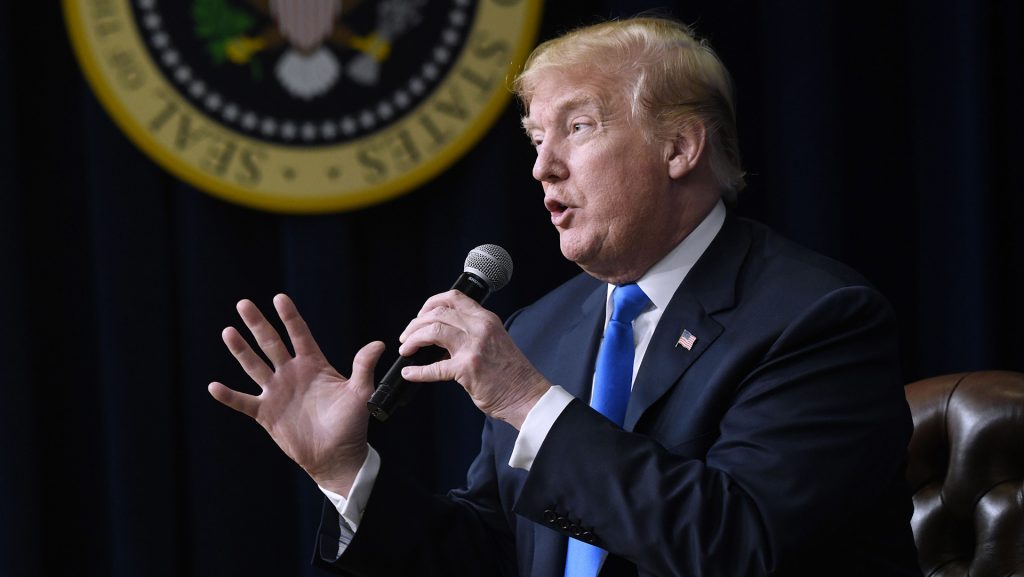In the past couple weeks, you may have heard that the Trump administration intends to reverse Obama era affirmative-action policies. Some have denounced this action as a step backwards. But if you separate the policy from politics and look at affirmative action objectively, it becomes clear that affirmative action is unjust and should be abandoned.
To provide a little background, in this country, affirmative action started in the 1960s when Presidents Kennedy and Johnson signed executive orders mandating that individuals could not be discriminated against on the basis of their race, creed, color, religion, or national origin. In other words, these executive orders were meant to bar businesses, organizations, employers, and educational institutions from actively discriminating against minorities.
Today, however, affirmative action is largely talked about as a government policy that privileges minority students. Given the Supreme Court’s rulings in Grutter v. Bollinger and Gratz v. Bollinger, educational institutions are allowed to consider race as a factor when admitting students, with the caveat being that institutions cannot use a quota system in which they strive to admit a set number of students based on their race.
Thus, in light of the aforementioned policies and precedents, many colleges and universities include questions about race on their applications. These institutions then use this identifying information as they make decisions on whom to admit.
So, what’s wrong with affirmative action? Plain and simple: As a policy meant to stop discrimination, affirmative action actually discriminates against those in the majority.
Affirmative action gives racial minorities a privilege. If two applicants are equal in all regards (test scores, GPA, curriculum, extracurriculars, etc.), a college or university has the right to admit the minority-race student over the majority-race student based solely on the grounds of race. This fits the definition of discrimination to a T.
In a country that prides itself on equality, it’s quite paradoxical to have a policy that is preferential. If the U.S. is truly a meritocracy, it’s a hypocrisy to have a policy explicitly promoting minority races over whites — the majority.
Therefore, President Trump’s action is justified if the U.S. is to uphold the core value of being a meritocratic society.
Now, I’m not saying that race isn’t important. Racially charged domestic events over the past few years (killings of unarmed black men, disproportionate incarceration rates, Islamophobia, and immigration policies, to name a few) have certainly shown that the U.S. is not a “post-race” country. Clearly, race matters in the U.S.
How do we get to being a post-race country?










